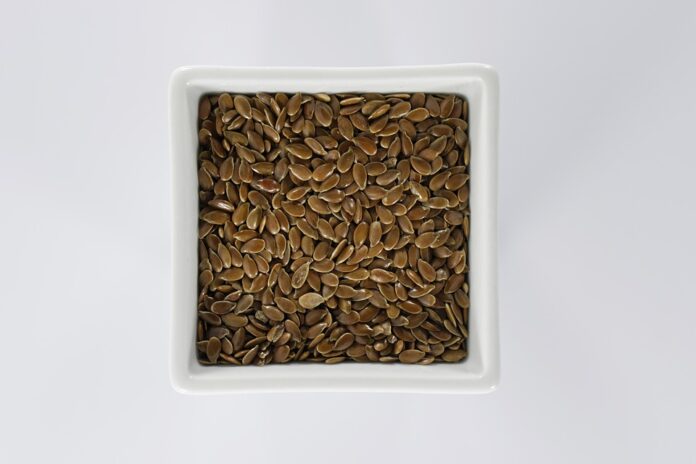Sustainability in Flaxseed Farming: Reducing Environmental Impact and Enhancing Soil Health
Flaxseed farming is an important agricultural activity that provides various health benefits and is used in a wide range of products, from food to textiles. However, like many agricultural practices, flaxseed farming can have a significant environmental impact if not managed sustainably. In this report, we will explore how flaxseed farming can be made more sustainable by reducing its environmental impact and enhancing soil health.
Environmental Impact of Conventional Flaxseed Farming
Conventional flaxseed farming practices often involve the use of synthetic fertilizers, pesticides, and herbicides. These chemicals can have harmful effects on the environment, including soil degradation, water pollution, and loss of biodiversity. Additionally, the intensive tillage practices used in conventional farming can lead to soil erosion and loss of soil organic matter.
Reducing Environmental Impact through Sustainable Practices
One way to reduce the environmental impact of flaxseed farming is to adopt sustainable farming practices. This includes using organic fertilizers, practicing crop rotation, and implementing integrated pest management techniques. By reducing the use of synthetic chemicals and promoting biodiversity on the farm, farmers can minimize their environmental footprint and protect the health of the ecosystem.
Enhancing Soil Health through Regenerative Agriculture
Regenerative agriculture is a holistic approach to farming that focuses on improving soil health, increasing biodiversity, and sequestering carbon. By adopting regenerative practices such as cover cropping, no-till farming, and rotational grazing, farmers can enhance the health and fertility of their soil. This not only benefits the environment but also improves crop yields and resilience to climate change.
Financial Benefits of Sustainable Flaxseed Farming
While there may be initial costs associated with transitioning to sustainable farming practices, the long-term financial benefits can outweigh these expenses. Sustainable farming methods can lead to lower input costs, higher crop yields, and better soil quality, ultimately improving the profitability of flaxseed farming operations. Additionally, consumers are increasingly demanding sustainably produced products, creating market opportunities for farmers who adopt environmentally friendly practices.
Industry Insights and Trends
The demand for sustainably produced flaxseed products is on the rise, driven by increasing consumer awareness of environmental issues and health benefits. Companies in the food, textile, and cosmetics industries are looking for suppliers who can provide sustainably grown flaxseed to meet this demand. By adopting sustainable practices, flaxseed farmers can position themselves as leaders in the industry and attract premium prices for their products.
Conclusion
In conclusion, sustainability in flaxseed farming is crucial for reducing environmental impact, enhancing soil health, and ensuring the long-term viability of the industry. By adopting sustainable practices such as organic farming, regenerative agriculture, and integrated pest management, farmers can protect the environment, improve crop yields, and meet the growing demand for sustainably produced products. It is important for farmers, companies, and consumers to work together to promote sustainable flaxseed farming practices and create a more environmentally friendly and profitable industry.




